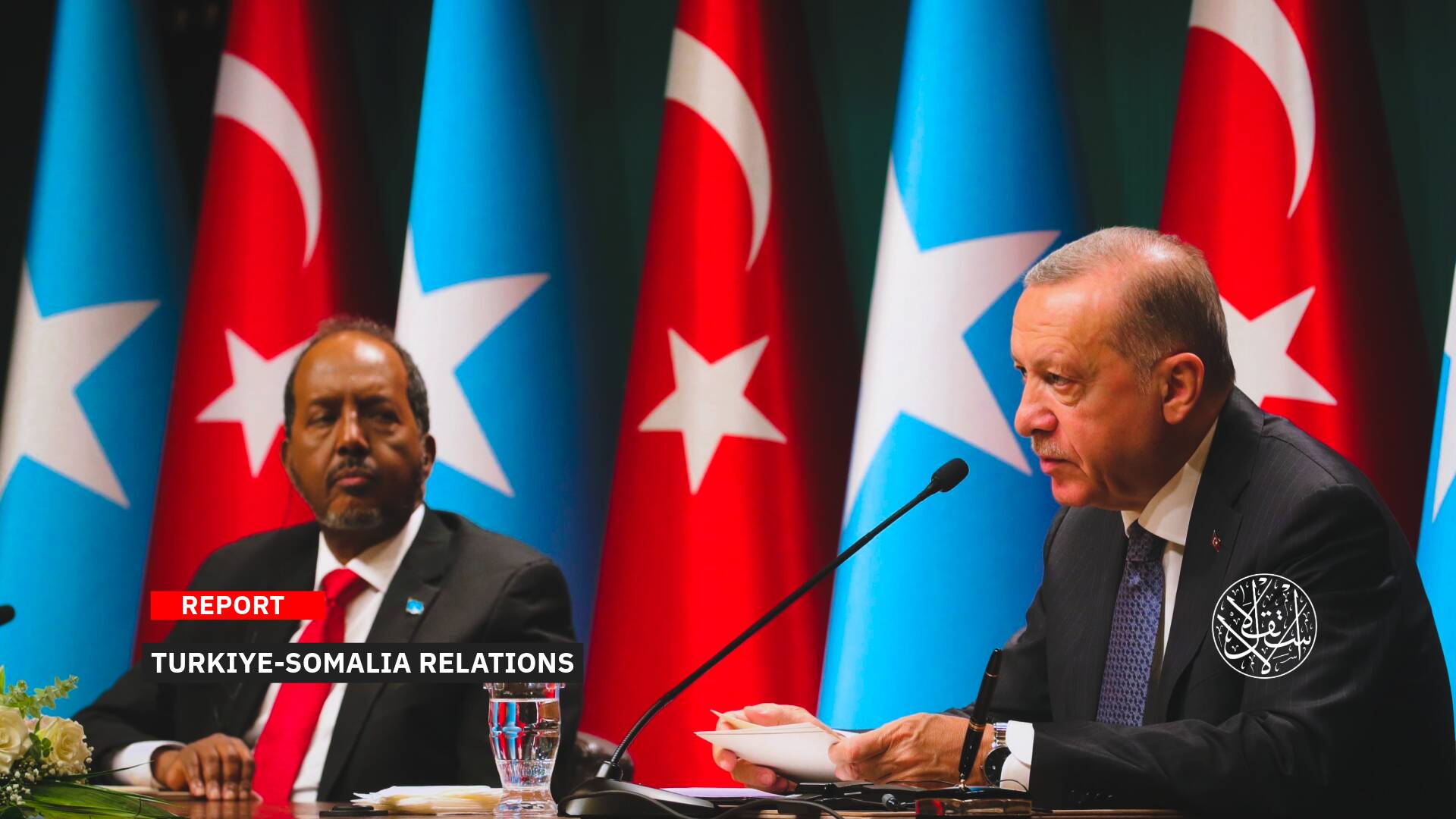Fans Cheering in Saudi Arabia’s Grand Prix for Formula 1 Won’t Cover Human Rights Abuses

Formula 1 STC Saudi Arabian Grand Prix 2021, which was held at Jeddah Corniche Circuit, from Dec. 3 to 5, 2021 set a record in the number of viewers of social media channels, especially YouTube and Sky Sports Formula 1 channel, which owns the rights to live broadcasts of the races, to be the highest number in the history of Formula 1 racing.
The number of views on the private channel of Formula 1 on the YouTube platform for the closing ceremony of Formula 1 STC Saudi Arabian Grand Prix 2021 reached (6,351,491) views, while the number of viewers of the race on the broadcaster TV channel reached 2.66 million viewers, which is the highest number of views recorded by Formula 1 races in the channel since purchased the rights to live broadcasts 10 years ago.
Formula 1 racing is the most watched sport in the world. It is watched by nearly 500 million viewers, broadcast in more than 200 countries and the audience of Formula 1 reaches 1.92 billion, while the number of interactions with the championship on social media platforms reached 15.5 billion and more than 40 million followers on social media channels.
Global Accusations
But the Formula 1’s success and views didn’t come for free, earlier this year, human rights group Grant Liberty estimated that Saudi Arabia has spent about $1.5 billion on "sportswashing" since Crown Prince Mohammed bin Salman (MBS) launched his Vision 2030 master plan, which aims to reduce the country's dependence on oil exports.
The country has spent millions on hosting a plethora of prestigious sports events, including golf, horse racing, snooker, and chess tournaments, according to Grant Liberty's 2021 report.
Human Rights Watch (HRW) accused Saudi Arabia of using the Grand Prix to "distract from widespread human rights violations" in the country.
"If they do not voice their concerns about the serious abuses committed by Saudi Arabia, Formula 1 and performers risk supporting the Saudi government's costly efforts to whitewash its image despite a significant increase in repression over the years," Michael Page, HRW's deputy director for the Middle East, said in a statement.
"If the authorities want to be seen differently, they should immediately and unconditionally release all those who have been jailed for peacefully expressing their views, lift travel bans and impose a moratorium on the death penalty," added Amnesty International in a statement.
Champion Comments
British race driver Lewis Hamilton said he is "not comfortable" racing in Saudi Arabia ahead of the penultimate race of the Formula One season, which takes place in Jeddah on Sunday.
"Do I feel comfortable here? I wouldn't say I do," Hamilton told reporters, "But this was not my choice. Our sport has chosen to be here and whether it's fair or not, I think that, while we're here, it's still important to do some work on raising awareness."
It's the first time F1 has staged a race in Saudi Arabia. To be held at the Red Sea port city of Jeddah, the Grand Prix is set to be the fastest street track in F1 history, according to the event's website.
But Saudi Arabia's human rights record has been repeatedly criticized, and activists have accused the kingdom of "sportswashing"—a phenomenon whereby corrupt or autocratic regimes invest in sports events to whitewash their international reputation.
During November's Qatar Grand Prix, Hamilton wore a helmet featuring the Pride Progress Flag, a redesigned and more inclusive version of the traditional rainbow flag, and emblazoned with the words "We Stand Together."
Hamilton will this weekend wear the helmet in Saudi Arabia, where homosexuality is illegal.
"A lot of change needs to take place and our sport needs to do more," Hamilton added.
Equality for all. pic.twitter.com/LklC5SZ4lB
— Lewis Hamilton (@LewisHamilton) December 1, 2021
Sports-Washing
Grant Liberty’s 2021 report said that Sportswashing is simple: “Sport is loved and played around the world, it is a giant unifying force, and it’s also a multi-billion-dollar industry.”
“It is young, it is fashionable and it is aspirational from the skill and fitness of the athletes to the giant rewards on offer to those at the top. By associating themselves with sport, leaders are seeking to position their country in line with that magic. They want to bask in reflected glory, and thus lighten their image,” the institution explained.
“In Saudi Arabia’s case, they want the country to be associated with elite sporting events to change the global perception of a murderous and brutal regime,” it added.
In 2017 Saudi Arabia hosted the King Salman World Chess Championship7, with an enormous $2m prize fund - the World Chess Federation (FIDE) said the fund was “almost 350% more than the previous event.”
The event saw the Ukrainian double champion, Anna Muzychuk refuses to attend in protest at the treatment of women in KSA.8 She was stripped of both of her titles for refusing to attend.
Saudi Arabia has attempted to invest in Esports – one of few global competitions in which KSA can genuinely claim world class competitors. However, the NEOM sponsorship deal with Riot Games’ League of Legends European Championship10, including a planned $2m event in the Kingdom, was quickly scrapped following an outcry from fans.
Across the three most prestigious leagues in Europe–Italy, Spain, and England, KSA has sought to make major inroads. In Italy, Saudi Arabia paid $24m to host the Super Cup 3 times in 5 years.
Similarly, in Spain there is a $145m deal with the FA as well as an ongoing $182m offer to Real Madrid through the Qiddiya project.
There have also been $6m a year offers to both Messi and Ronaldo to be the face of Visit Saudi.














